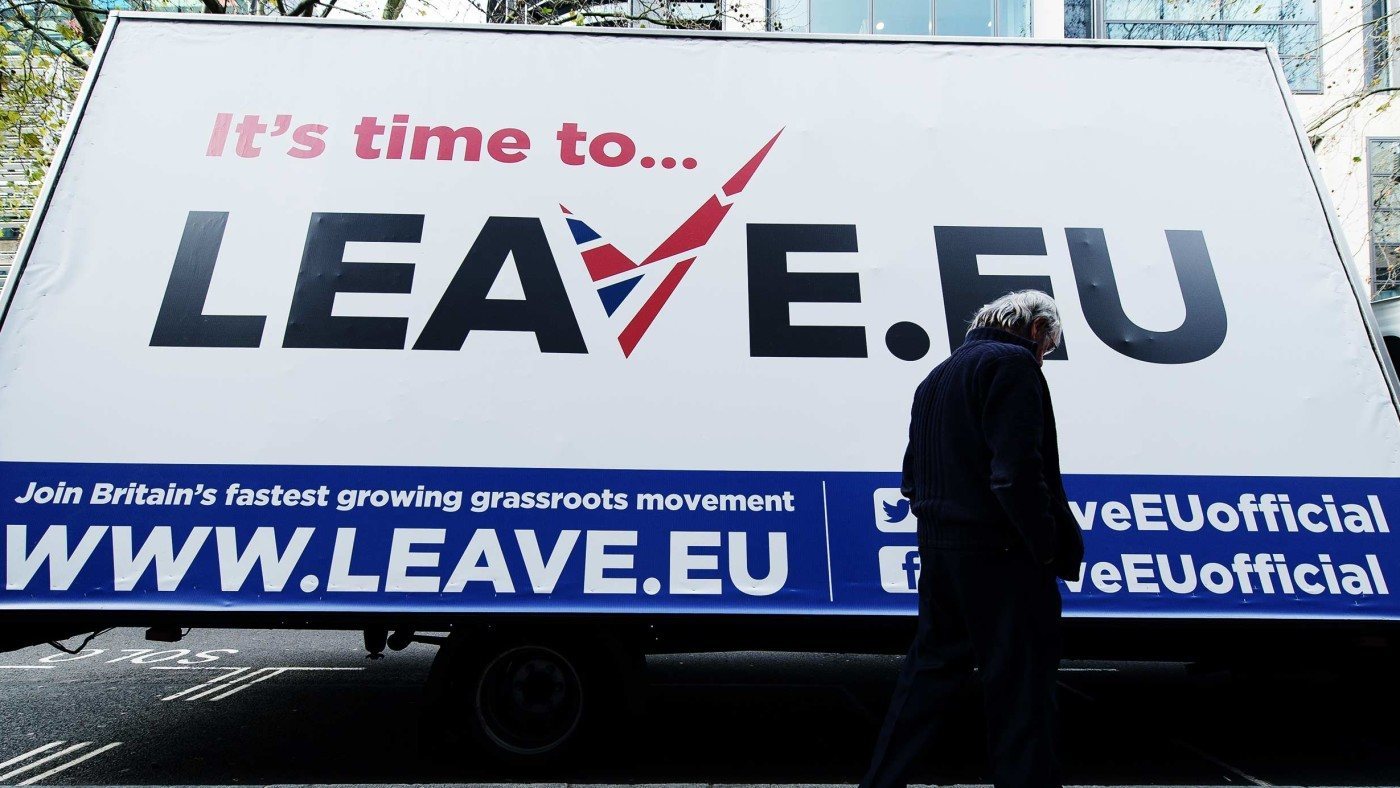“The Year of Europe” sounds like some atrocious reputation-building exercise dreamt up in the depths of the Berlaymont in Brussels – an attempt to burnish the European Union’s brand at the expense of its many taxpayers. But there aren’t many better ways of describing what’s in store for Britain in 2016.
The fact is that, irrespective of the EU’s actual vices and virtues, being the sort of person who’s passionate about the issue of European integration doesn’t tend to get you invited to many dinner parties. When David Cameron said in 2006 that his party had spent too much time “banging on” about Europe, he may have offended many loyalists, but he was accurately reflecting the wider public’s perception.
Now, thanks to David Cameron himself, banging on about Europe is going to become the defining feature of British politics – to an extent that’s not yet really grasped outside, or even inside, the Westminster bubble.
In the run-up to Christmas, I interviewed the heads of the three campaigns that will be fighting the battle for Brexit, on behalf of Politico Europe – Matthew Elliott of Vote Leave, Will Straw of Britain Stronger in Europe, and Arron Banks of Leave.EU.
Obviously, all three campaigns have different strategies and priorities. But the thing that came across from all three of them was the sheer scale of what they’re planning. Each is attempting to build a nationwide political movement, and the political infrastructure to support it – there was talk of stalls in every town centre, Facebook groups mobilise leaflet delivery from Stirling to Southampton, Norbury to Newport. Matthew Elliott, the chief executive of Vote Leave, spoke of raising and spending roughly £20 million in the course of the campaign – or more if it drags on past 2016 and into 2017 (which, to be fair, nobody expects: late summer or early autumn seems to be the consensus).
So far, this might sound a bit like an election. But that misses the key point. For all their importance, general elections are fought among a vanishingly small constituency. There might be 650 seats in play, but the Tories or Labour will focus an overwhelming proportion of their resources on attacking or defending 100 (or fewer) key seats. Five sixths of the population will get a few desultory pamphlets, but none of the bombardment received in the marginals – the endless personalised letters, the door-knocking, the posters, the carefully calibrated appeals via social media.
But in a referendum, the entire country becomes a single constituency: every vote is as valuable as every other. That means that the campaigns will be doing their best to draw all of them in. More than that: because they can’t conceivably employ enough staff to do that campaigning themselves, they’ll be seeking to recruit volunteers all over the shop, to turn your friends and neighbours into proselytisers for the cause. The same factsheets and key questions and lines to take will be sent out into the wild, to provide fuel for a million – ideally 70 million – impassioned conversations in the pub.
There’s nothing wrong with this process – in fact, it’s both right and natural. The question of whether Britain should stay in or leave the European Union is of elemental importance to the country’s political future, and it’s right that people should want to know the arguments, and have the arguments, that entails. At the moment, that process has only barely begun (which is why we should treat the various opinion polls with a pinch of salt).
But the precedent from Scotland, where voters faced a similarly fundamental referendum question, is that this process can become not just impassioned, but embittered – and all-encompassing. Nobody yet knows how it’ll play out in terms of the struggle within the Tory party (where David Cameron and George Osborne will be pitted against the bulk of their activists and possibly MPs), or in terms of exacerbating the divisions between Scotland and England (especially if one votes to stay and the other to leave).
But what can certainly be said is that the referendum campaign, once it gets going, will leave precious little political oxygen for pretty much anything else. This year, it won’t just be the Tories banging on about Europe. It’ll be everyone.


